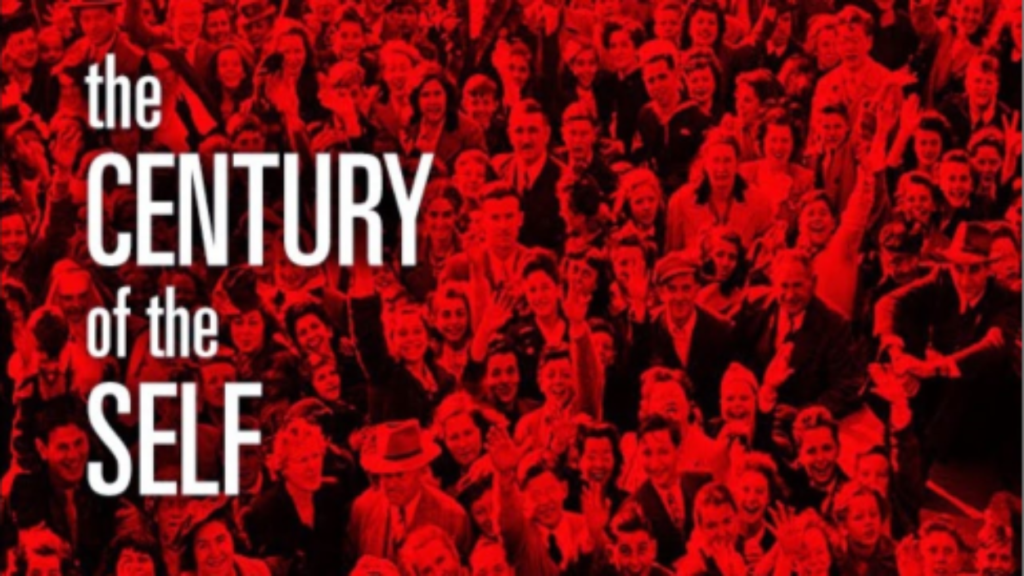Recently I watched the 2002 BBC documentary “The Century of the Self”. It traces the history of an idea that has become very important in our society. Indeed, the documentary suggests that in the 20th century it has come to dominate Western societies. It is the belief that the satisfaction of individual feelings and desires is our highest priority. This idea was at least partly fostered by big corporations, which developed techniques to read and stimulate the (subconscious) inner desires of individuals and then fulfil them with products. Towards the end of the 20th century companies realised that consumers wanted to follow the greater trends in society, but in their own individual ways. Consumers wanted to be different and express this through the products and services they bought. People believed that they were no longer determined by their background, but rather that they were the authors of their own individual identity. People could live the life they wanted, rather than the life into which they were born. It would be a world in which everything was possible, in which the self could be realized.
The documentary traces how this idea of individual self-actuation did not bring people more freedom, but rather made them more controllable by powerful interests, who knew which levers to pull to tap into the unconscious fears and desires of the masses. It has also led to a rampant consumerism that has little regard for the wider consequences of our actions. But I—along with some other social commentators—wonder whether the pursuit of individual self-satisfaction has not morphed partly into the self-selection of identities, where we chose and construct our identity and with it our sense of belonging and our worldviews. Whether this movement is still controlled by particular human interests may be questionable—it may well be that the whole project of centreing on the self has developed its own force, which few can harness.
When we come together to worship God, we lose at least part of that individualism, as we corporately and individually confess our sins, give God (at least grudgingly some) control in our lives and give thanks for the many gifts we have been given.

